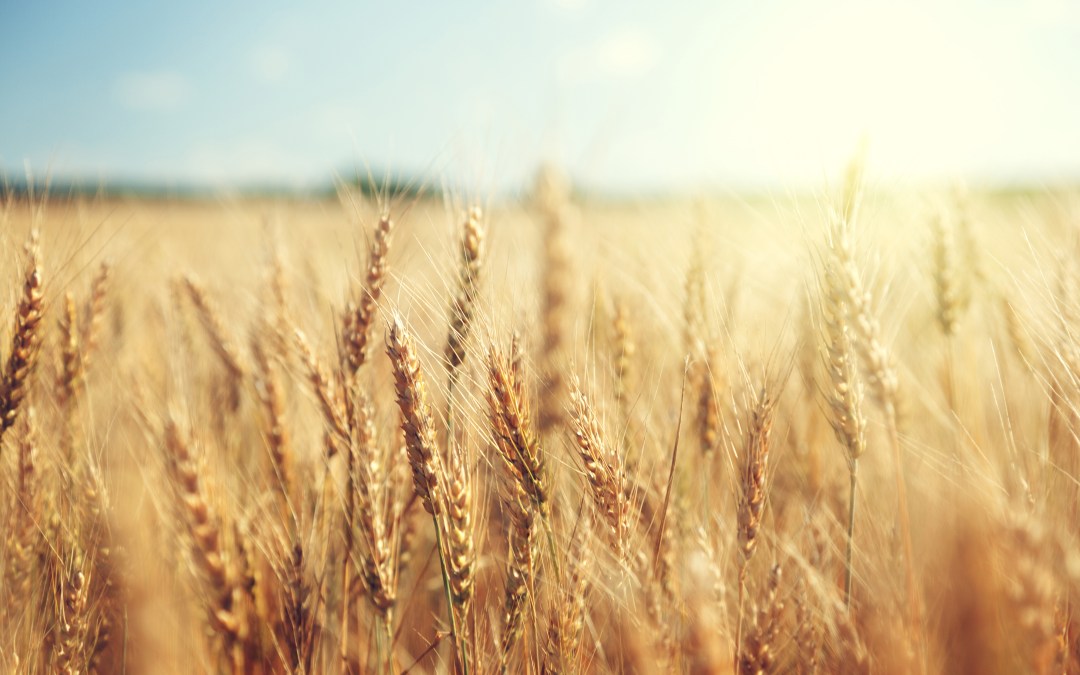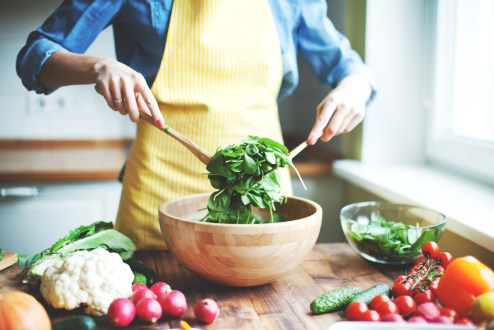Grain of truth: the cereal argument
Eve Kalinik gets to the bottom of it

Eat whole grains. Don’t eat gluten. Porridge is healthy. Bread isn’t. The mixed messages when it comes to grains have left us confused about which are actually good for us. The fact that grains are ubiquitous means that we eat a huge amount of them – but why is that an issue?
One argument is that eating grains causes a problem with digestion and absorption of nutrients, sparking inflammatory effects in the body. The biggest reason for this is that many of the grains found in a lot of products are highly refined, which means their nutritional benefits are reduced. Plus, in these mass-produced crops, there’s often the issue of ingesting pesticide sprays, which has negative health associations.
The other argument is that all grains, gluten-free or not, contain substances called ‘anti-nutrients’ that can create damage to the gut lining and have a knock-on effect on the rest of the body. While there’s some truth in these considerations, they don’t present the full picture, nor is it the case that everyone will react to foods in the same way.
Moreover, the issue lies in how we are treating our grains in the first place. Sprouting, soaking and fermenting were the traditional ways our ancestors ate their grains, and a staple like bread was made with care and minimal ingredients. To use an organic ancient grain, such as kamut, spelt or rye, for a loaf that contains just one or two additional ingredients, or adding wild rice to a homemade soup, isn’t comparable to buying wholly refined ready-made food.
What’s more, if we make (or buy things that are made) with care – the traditional preparation techniques negate most of these ‘anti-nutrient’ side effects. Sourdough is an obvious example, and studies demonstrate that even those with a gluten sensitivity don’t show the same inflammatory markers when they eat it.
Caveats aside, good grains offer a wealth of nutritional value, including plenty of B vitamins and minerals, such as magnesium, iron and zinc. But being more mindful, taking time to sprout, soak or ferment, means we’re all free to enjoy grains as much as we would any other food… in moderation.
Cook
Rude Health Organic Sprouted Porridge Oats, £5. This fabulous morning porridge, in its sprouted form, gives maximum nutritional benefits.
Read
26 Grains by Alex Hely-Hutchinson, (Square Peg, £20). Packed full of wonderful grain-based recipes, this is the first book from the Neal’s Yard café.
Eat
e5 Bakehouse – tops it when it comes to locally sourced and organic ingredients, putting passion into baking the traditional way (e5bakehouse.com).
Find out more about Eve Kalinik at evekalinik.com and @evekalinik
Photograph: iStock








